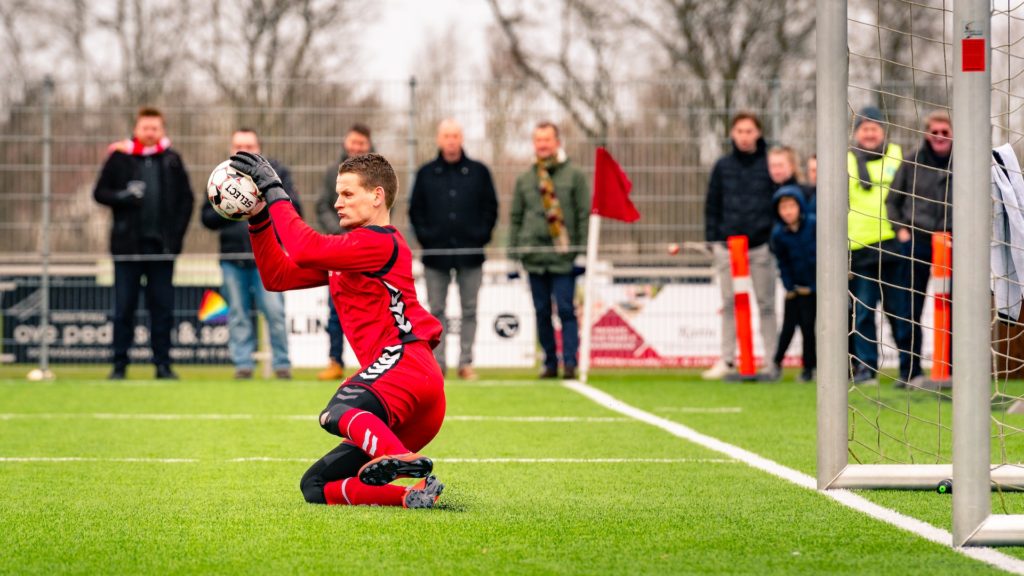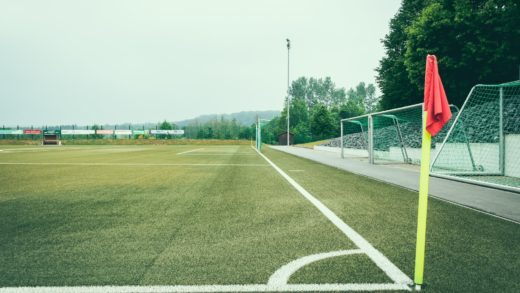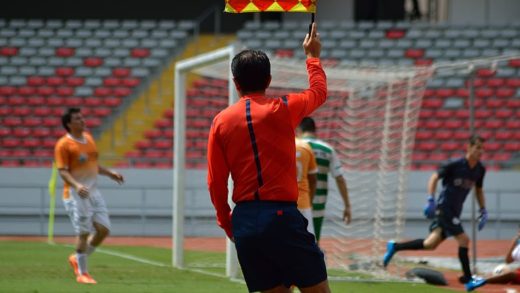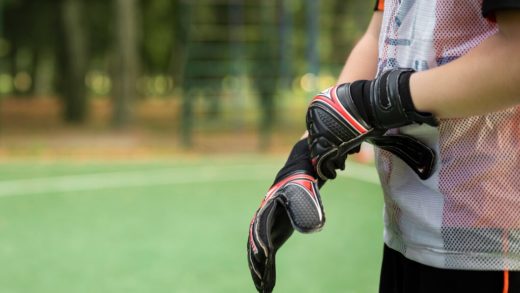
Being a goalkeeper is no easy task. It’s not just about stopping shots; it’s about strategy, communication, and mental strength. This article delves into the intricacies of being an outstanding goalkeeper, offering insights and actionable tips to elevate your game.
Body Positioning: The Foundation of Goalkeeping
Understanding and mastering body positioning is fundamental for any goalkeeper. It determines how effectively you can react to shots and make those crucial saves.
- Correct Body Positioning: Always stand with your weight on the balls of your feet, ready to move in any direction. This stance ensures quick reflexes and agility.
- The “W” Technique: When catching high balls, form a ‘W’ with your thumbs and forefingers. This provides a secure grip and minimizes the chance of the ball slipping through.
- Staying Loose: A relaxed body can react faster. Avoid tensing up, especially in high-pressure situations.
- Balanced Stance: Keep your feet shoulder-width apart to maintain balance and ensure you’re always ready to dive or jump.
Body positioning is the bedrock of goalkeeping. By mastering the right stance and techniques, you set yourself up for success in every match.
Mental Toughness: The Unseen Armor of a Goalkeeper
While physical skills and techniques are vital, the mental aspect of goalkeeping is often overlooked. A goalkeeper’s mental resilience can be the difference between a game-changing save and a costly error.
Table: Key Mental Attributes and Their Importance
| Mental Attribute | Importance |
|---|---|
| Focus | Maintaining concentration throughout the game, especially during periods of inactivity, ensures readiness for sudden threats. |
| Confidence | Believing in one’s abilities, even after conceding a goal, helps in making crucial saves later in the match. |
| Decision Making | Quickly assessing situations and making the right choices, be it coming out to claim a ball or staying on the line. |
| Stress Management | Handling the pressure, especially in high-stakes situations like penalty shootouts or crucial match moments. |
| Self-Analysis | Post-game reflection to identify areas of improvement and celebrate successes. |
The mental side of goalkeeping is as crucial as the physical. By cultivating focus, confidence, and effective decision-making skills, goalkeepers can navigate the pressures of the game and consistently perform at their best.
Communication: The Goalkeeper’s Voice on the Field
A goalkeeper’s role isn’t limited to making saves. Effective communication with defenders is paramount to orchestrating a solid defense.
- Directing the Defense: Always inform your defenders about potential threats and guide them in adjusting their positions.
- Calling for the Ball: If you decide to claim a ball, shout clearly to avoid collisions with teammates.
- Set Pieces: Before any corner or free-kick, instruct your defenders on their roles and positioning.
- Feedback: Praise good defensive work and provide constructive feedback when necessary.
Effective communication fortifies the defense, reduces errors, and fosters teamwork. A vocal goalkeeper is an asset to any team.
Awareness and Distribution: Beyond Saving Shots
Being a top-notch goalkeeper isn’t just about stopping shots. It’s also about understanding the game and distributing the ball effectively.
- Game Awareness: Always be aware of the game’s flow, understanding when to slow down or speed up play.
- Distribution Skills: Whether it’s a throw, punt, or goal kick, ensure your distribution is accurate and purposeful.
- Footwork: In modern football, goalkeepers must be adept with their feet, playing almost as an additional outfield player when required.
- Decision Making: Know when to hold onto the ball, when to distribute quickly, and when to clear it long.
A goalkeeper’s role extends beyond the goal line. By honing distribution skills and game awareness, you can influence the game from the back.
So, being a goalkeeper is a unique and challenging role, demanding a blend of physical, technical, and mental skills. By focusing on body positioning, communication, and game awareness, any aspiring goalkeeper can elevate their game and become the reliable last line of defense their team needs. Embrace the journey, continuously learn, and remember that every save, big or small, contributes to the team’s success.


